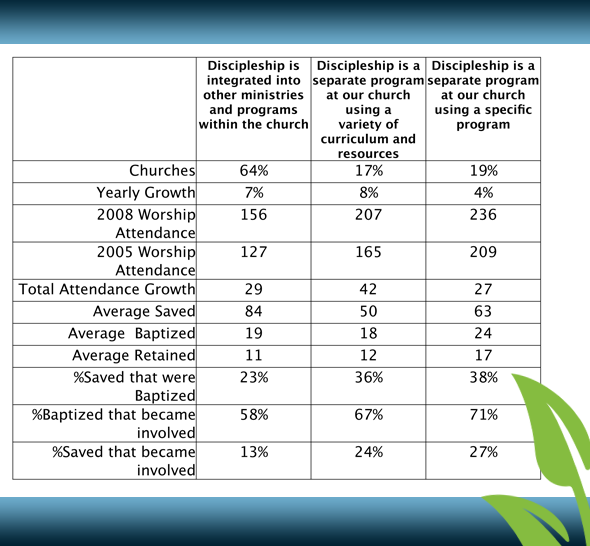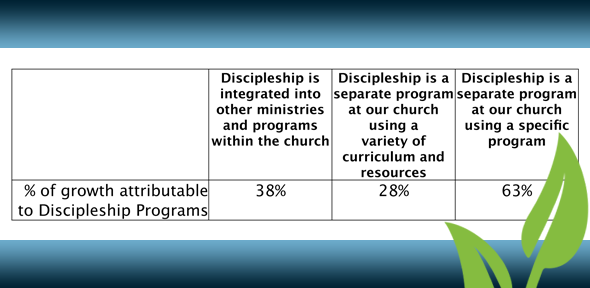Discipleship Works

What is the best way to accomplish “discipleship”? God intends “making disciples” to be an integral part of “Great Commission” work.
“And Jesus came and spake unto them, saying, All power is given unto me in heaven and in earth. Go ye therefore, and teach all nations, baptizing them in the name of the Father, and of the Son, and of the Holy Ghost: Teaching them to observe all things whatsoever I have commanded you: and, lo, I am with you alway, even unto the end of the world. Amen.” Matthew 28:18-20
There can be no doubt or equivocation: God wants and expects us to very interested in making disciples. But what is the best way to accomplish the command to make disciples?
The methodology of “making disciples” or “discipleship” has been debated through the years within our Independent Baptist ranks. There seems to be two schools of thought regarding “discipleship.” One is reptilian. Reptiles lay hundreds of eggs and by virtue of the large number of eggs, some make it to adulthood and the species is maintained. The other school of thought is mammalian. Mammals have far fewer offspring and lovingly raise the children to maturity.
In Galatians 4:19, the Apostle Paul reveals his heart on the matter of “making disciples: “My little children, of whom I travail in birth again until Christ be formed in you.“ Notice his deliberate choice of phrase: ”travail in birth.” Paul’s mission was not only to see people saved, but also to passionately endeavor to make disciples out of the converts. Paul was definitely a “mammalian” discipleship maker!
In the book Church Still Works, Pastor Chappell and I wrote:
The Great Commission is only fulfilled when we complete the entire mission. The Great Commission is most powerful when is completely fulfilled because then we see the multiplication of disciples instead of simply addition. Just as compound interest ultimately increases a bank account much more than simple interest, making disciples who make disciples leads over the long term to far greater additions to God’s family. The birthrate is slower at first, but the potential for multiplication is profound.
The biggest issues regarding discipleship fall into two categories:
Should discipleship be a separate program or should it be integrated into the other ministries of the church? Should new converts be involved in a specific program that mentors them or should they be put into the normal flow of the ministry and pick it up as they go? Does the curriculum of your discipleship program matter?
Part of our research about the churches in our Independent Baptist movement looked at these specific questions. Consider the following statistics: 
At first glance, most of us would consider the yearly growth statistic to be the final, deciding vote. Some would ask, “Why put any additional emphasis on discipleship if it doesn’t yield additionally numeric growth?”
I think a bigger factor is at play – namely, where did the growth come from?
In other words, churches can grow in many ways, like adding bus routes or seeing people transfer from other local churches. The most effective and scriptural kind of long term growth, however, is not transplants, but integrating people into the church as a result of that church’s outreach efforts. That probably speaks to why churches with discipleship programs were larger, even though their growth rate was smaller.
Big Picture Conclusions
-People have changed over the past 30 years. We no longer have a baseline morality as a beginning point or a commonly held basic view of theology. This necessitates more training – much more.
-Churches with separate discipleship programs do a much better job of retaining and integrating converts.
-Churches would do well to find an effective discipleship curriculum. Churches in our surveys used a variety of curricula. The most popular were “Daily in the Word” (Striving Together Publications) and “The ABC’s of Christian Growth.”
-Churches with discipleship programs must fight to maintain the throughput of new coverts.
The Great Commission is an incomplete commission unless you train the people you have seen saved. We encourage you to ponder the above data and use it to make a difference.




Comments are closed.